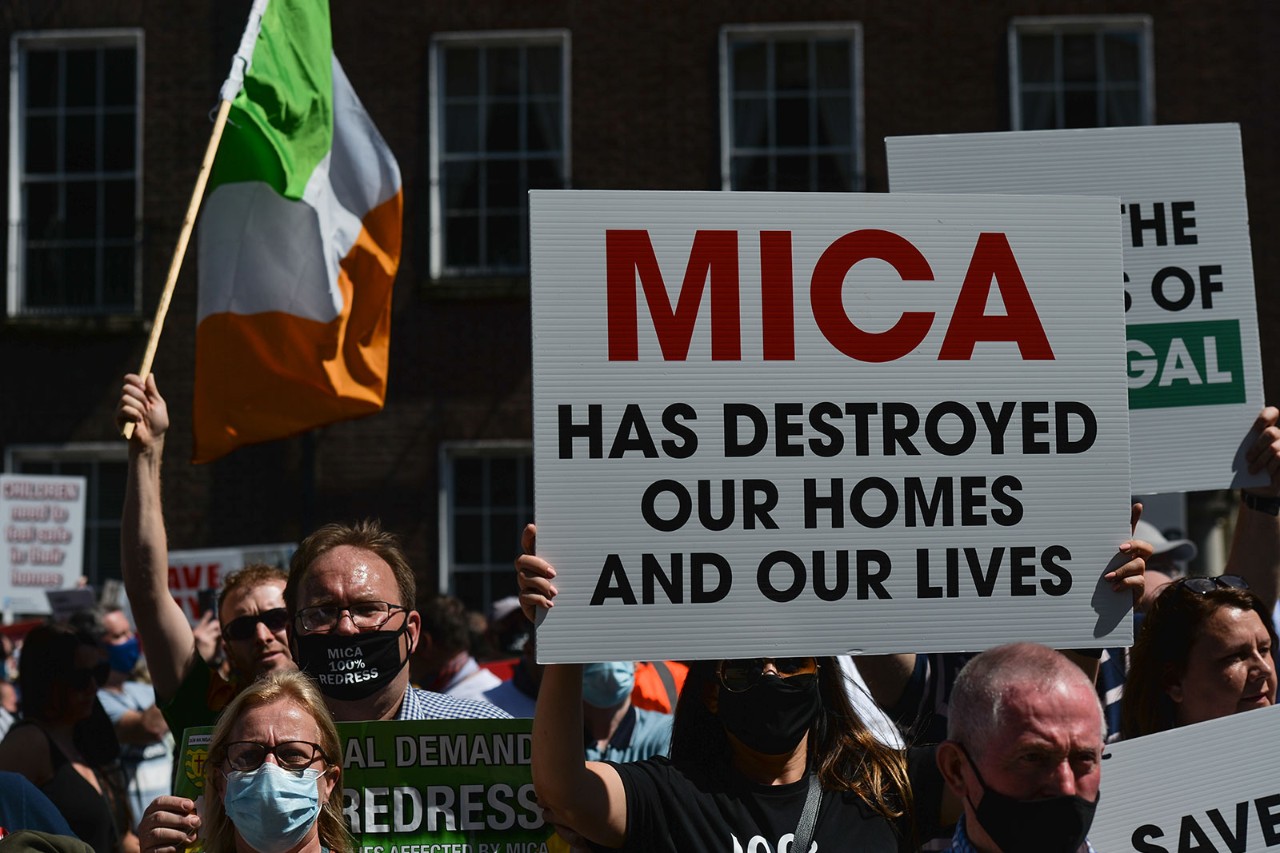
The 10-plus years since the financial crash have seen major overhauls of legislation surrounding insolvency, examinership and debt restructuring. The government’s recently introduced small company administration rescue process (Scarp) is the latest initiative and marks something of a welcome departure in approach.
Scarp brings in a dedicated rescue process for small and micro companies – it has been dubbed ‘examinership lite’. It is also unusual in being a measure that anticipates rather than responds to an expected major uptick in SME restructuring in the coming year.
What differentiates Scarp is its minimising of court involvement and relative speed of progress
Cost and efficiency
Scarp is modelled on Ireland’s existing examinership framework but seeks to eliminate the costs that put it largely beyond the reach of smaller businesses. According to the Department of Enterprise, Trade and Employment (DETE), it ‘includes key provisions mirroring those in examinership, including the repudiation of onerous contracts, application for a stay on proceedings, and cross-class cram-down of debts.’ The cross-class debt cram-down refers to Scarp’s ability to impose a rescue plan across all classes of impaired creditors as long as one class supports it.
What differentiates Scarp is its minimising of court involvement and relative speed of progress. The process is started by a resolution of company directors rather than by a court application. Once a (qualified) insolvency practitioner is appointed, a rescue plan is set out within 49 days, rather than the 150 days allowed under examinership.
The rescue plan can be approved without court involvement provided 60% of creditors support it. If no objection is filed by creditors within 21 days, the rescue plan becomes binding.
Creditor objections
A pivotal creditor for most businesses opting for Scarp will be Revenue, and many commentators have expressed concern at the likely viability of any rescue plan if the state proves an unwilling participant.
When Scarp made it onto the statute book in July this year, Robert Troy, the company regulation minister, sought to allay such concerns. He said that a Revenue opt-out would occur only ‘on prescribed grounds such as if the company has a poor history of tax compliance’, and added: ‘The state will not remove itself from the process for arbitrary reasons.’
However, Revenue will certainly have some difficult adjudications to make over rescue plans, particularly as early decisions may set a precedent for what could be many more to follow. As of July 2021, Revenue has warehoused €2.4bn in tax liabilities from 86,000 businesses. While no interest is due on warehoused debt in 2022, 3% will be payable from 2023.
In addition to potential Revenue recalcitrance, the willingness of other key creditors, such as landlords, to participate in a rescue plan remains an unknown. Any company hoping that the ability to ‘repudiate onerous contracts’ under Scarp will give it muscle when dealing with rents due should note the observations of Niamh Cacciato and Ruairi Rynn of William Fry solicitors.
Cacciato and Rynn cite court judgments making clear that landlords need to be given due regard in a rescue plan. ‘Where a landlord believes that it is unfairly prejudiced by a proposed rescue plan, it can raise an objection and refer the plan to court,’ they write.
If the option of court redress proves too easy a temptation for creditors overall, it will undoubtedly undermine the ability of Scarp to deliver results. In such a scenario, Mark Woodcock, partner at law firm Fieldfisher Ireland and chair of Restructuring and Insolvency Ireland, proposes that objectors should be required to pay towards the additional costs their action imposes on the process. He says: ‘It would make people think, “am I doing better out of this process than I would be in a liquidation?” and, “if I am doing better, I should probably just accept it”.’
Unknown numbers
If one Scarp unknown is the extent to which creditors can be persuaded that it represents their ‘least worst’ option, a second is the volume of companies that will make use of it.
According to DETE, 78% of small and micro businesses potentially eligible for Scarp operate in sectors that have been most affected by the pandemic. This has led many to conclude that, until the winding down of government liquidity and financial support, the extent to which Scarp will be utilised is almost impossible to know. What is certain is that, given the substantial drop in company liquidations since the pandemic began, a backlog of companies is waiting to test it out.
In its 2020 report, the Office of the Director of Corporate Enforcement (ODCE) argued that measures introduced during the pandemic were likely to have concealed the true levels of corporate financial distress. The report declared that ‘as the various state financial supports taper off, it might reasonably be expected that the level of corporate insolvencies will increase, potentially substantially.’
Who is eligible?
Scarp is available to small and micro companies unable or likely to be unable to pay their debts as they fall due. A small company is one that meets at least two of the following criteria, in relation to the previous two financial years:
- annual turnover of up to €12m
- a balance sheet total of up to €6m
- up to 50 employees.
‘As the various state financial supports taper off, it might reasonably be expected that the level of corporate insolvencies will increase, potentially substantially’
Recent data from Deloitte backs up the ODCE argument. The firm reports that a total of just 169 company insolvencies were recorded in the first half of 2021, down by 38% on the same period in 2020.
For many businesses that have struggled through the pandemic, what will happen when society fully reopens is largely a matter of wait and see. While much will depend on the approach taken by creditors, this in turn will be influenced by the viability of individual businesses, which will hinge on the potency and direction of consumer spending.
‘We anticipate that the first half of 2022 will paint a more accurate picture of how the Covid-19 pandemic has influenced the economy and the knock-on effect on our SME sector,’ says David Van Dessel, financial advisory partner at Deloitte Ireland.
While the impending return to normality will be embraced as a day of celebration by many in Irish society, it is well to spare a thought for others for whom it will be a day of reckoning, when issues such as debt overhang, rent arrears and the very future of their business can no longer be postponed.




